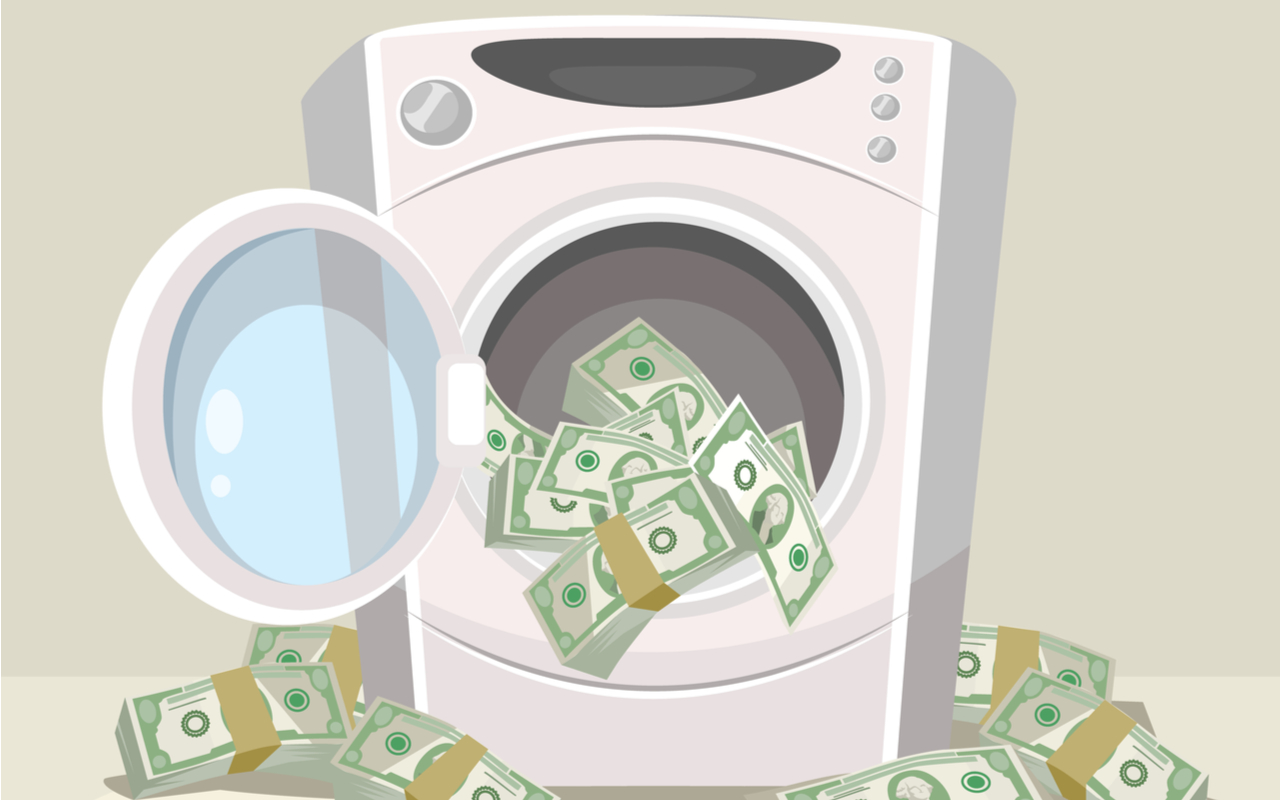On September 20th, the International Consortium of Investigative Journalists (ICIJ) –the reporters who brought us the “Panama Papers” and the “Paradise Papers” — released the “FinCEN Files,” in collaboration with Buzzfeed News.
The FinCEN Files are the result of a U.S. leak of 2,100 “Suspicious Activity Reports” (SARs) –covering over 18,000 transactions — filed by banks when they believe a transaction may involve fraud, corruption, or other criminal activity. SAR reports are not public. A former U.S. Treasury official leaked the documents to expose corruption.
The public should be concerned about the volume of suspect bank transactions that are the tip of the iceberg in terms of illicit funds, money laundering and tax dodging. The U.S. has become one of the largest global destinations for illicit funds and tax dodging due to weak disclosure laws –with states like Delaware that do not require corporations to disclose their true beneficial owners.
Over the 18 years between 1999 and 2017, banks moved $2 trillion in funds that they considered suspicious, generating substantial fees in the process. Some of the biggest global banks involved included Deutsche Bank, JP Morgan Chase, HSBC, Barclays Bank, and Bank of New York Mellon. Almost half the $2 trillion in suspicious loans were made by Deutsche Bank, a bank that has paid substantial fines for past money laundering activities.
The Suspicious Activity Reports (SARs) showed that banks often moved funds for companies registered in offshore tax havens, such as the Cayman Islands and British Virgin Islands, where the identity of the owner was not known. Banks could have refused these transactions. But in many cases they allowed the transactions to proceed and then filed a SAR report to cover their reporting obligations.
The Institute for Policy Studies Program on Inequality has monitored anonymous luxury real estate transactions that disrupt local affordable housing markets. Our reports about luxury real estate in Boston and Seattle reveal the large percentage of luxury property purchased by shell companies. The IPS Inequality Program has advocated for national FinCEN oversight of cash transactions in real estate over a certain value and has pressed for release of FinCEN data on the City of Boston.
The FinCEN Files provides a window into one aspect of the movement of illicit funds. If I’m a narco-trafficker looking to launder my ill-gotten treasure, I may take funds from an offshore account and use them to purchase, often with cash, real estate in the United States. At some point, I’ll need the services of a bank to facilitate the transfer of funds.
FinCEN oversight alone has been a deterrent to some suspicious activities. In early 2016, FinCEN imposed a temporary transparency rule on Miami-Dade and Manhattan to crack down on dark money transactions. Purchasers of real estate with cash over $1 million were required to disclose beneficial ownership. After the implementation of these rules in March 2016, Miami-Dade saw an immediate 95 percent drop in cash real estate purchases by shell companies and anonymous corporations. An academic study found that the threat of greater transparency enforcement led to a 70 percent decline on all-cash purchases nationwide.
Some of the well-know figures exposed in the FinCEN Files include Isabel dos Santos, the Angolan billionaire accused of looting that country in a previous ICIJ disclosure, the Luanda Leaks.
Trump’s former campaign manager, Paul Manafort, was named in over 33 SARs covering over 620 suspicious transactions. Manafort was a key figure in Robert Mueller’s investigation of Russian interference in the U.S. election and was sentenced to 7.5-year prison term for fraud and tax evasion.
Many of the major banks covered by the FinCEN Files claim that they have changed their practices in recent years. HSBC told Reuters that “all the information provided by ICIJ is historical” and that as of 2012, “HSBC embarked on a multi-year journey to overhaul its ability to combat financial crime across more than 60 jurisdictions.” Government oversight officials have expressed concern that the leaks may have a chilling effect and serve as a setback to transparency efforts.
A key part of the solution to the illicit funds and tax dodging is full disclosure of beneficial ownership of corporations, revealing the individuals responsible for a company’s behavior. A growing number of sectors, including the Chamber of Commerce, are calling for greater ownership transparency. Join the growing effort to press for ownership transparency, including legislation currently pending in the U.S. Senate.
Further Reading:
